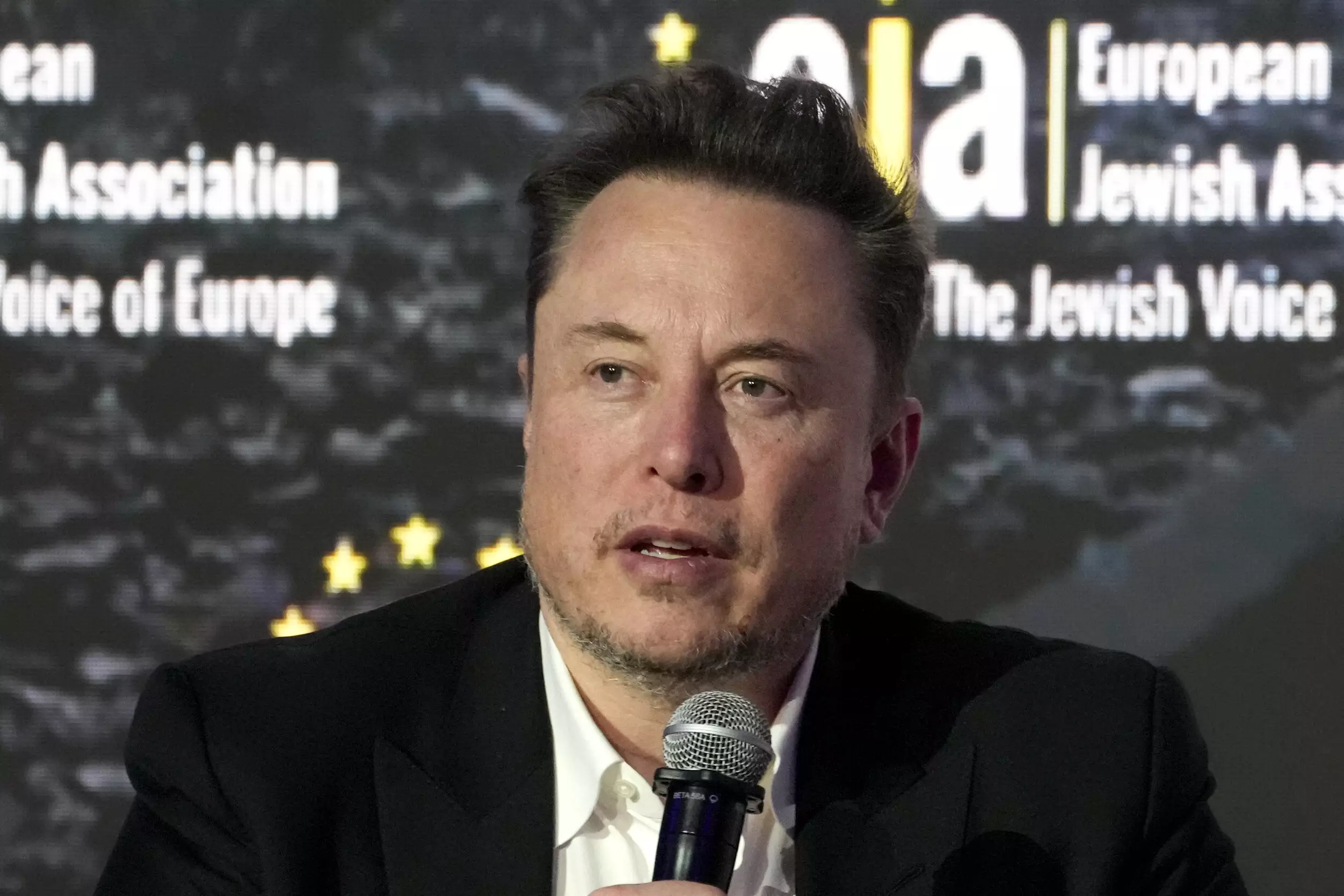Neuralink, the brain implant company founded by Elon Musk, has recently shifted its legal corporate headquarters from Delaware to Nevada. This move comes in the wake of a Delaware judge’s ruling that invalidated Musk’s substantial $55.8 billion pay package as CEO of Tesla. While Neuralink’s physical headquarters are still located in Fremont, California, its legal registration now resides in Nevada. In this article, we will explore the significance of Neuralink’s relocation and the potential impact it may have on the company’s future endeavors.
One of the main reasons corporations typically establish their legal presence in Delaware is due to the state’s business-friendly laws that heavily favor the interests of companies. By relocating its legal home to Nevada, Neuralink is challenging the conventional wisdom that Delaware is the ideal incorporation destination for corporations. Erik Gordon, a business and law professor at the University of Michigan, pointed out that Delaware’s preferential treatment of company management over shareholders motivated the shift.
The Tesla Pay Package Controversy
In January, Delaware Chancellor Kathaleen St. Jude McCormick invalidated the lucrative pay package that Tesla had established for Musk back in 2018. The judge deemed the process as “flawed” and the awarded amount as “unfair.” This ruling not only affected Musk’s position on the Forbes list of wealthiest individuals but also raised questions about the independence of Tesla’s board from its CEO. McCormick argued that the board failed to assess the necessity of the exorbitant pay package, highlighting the importance of transparent and independent decision-making in corporate governance.
Musk’s Unique Position as CEO
While some critics argue that Musk should be compensated similarly to other CEOs, his defenders emphasize the uniqueness of his role within Tesla. Musk’s integral involvement in the company’s growth and success sets him apart from traditional CEOs. He spearheaded Tesla’s transformation from a mere idea to the most valuable automaker globally, driving the widespread adoption of electric vehicles and prompting rivals to accelerate their EV plans. Additionally, Musk’s public persona and star power provide Tesla with significant free publicity, alleviating the need for costly advertising campaigns.
McCormick’s ruling on the Tesla pay package came after five years of litigation initiated by shareholders who accused Musk and Tesla’s directors of breaching their fiduciary duties. These shareholders argued that the pay plan resulted from sham negotiations with non-independent directors. In contrast, the defense claimed that the compensation committee, comprised of independent members, fairly negotiated the pay agreement with Musk, incorporating challenging performance milestones.
Neuralink’s decision to move its legal domicile from Delaware to Nevada could signify a forthcoming shift in the company’s strategic direction. Elon Musk publicly suggested that Tesla’s shareholders consider relocating the company’s corporate registration to Texas. By aligning Neuralink’s legal home with Texas, Musk may be positioning both companies for closer collaboration and synergy. Texas’s business-friendly environment, combined with its robust technology sector, makes it an attractive destination for innovative companies like Neuralink.
Neuralink’s relocation from Delaware to Nevada marks a significant development in the trajectory of Elon Musk’s brain implant venture. By challenging the precedence of Delaware as the preferred state for corporate incorporation, Neuralink has signaled a potential shift in the business landscape. The Tesla pay package controversy and ongoing legal battles have pushed Musk to explore new avenues and leverage the opportunities provided by alternative jurisdictions. As Neuralink continues to push the boundaries of brain-computer interfaces, its move to Nevada and potential ties with Texas may pave the way for further innovation and collaboration in the future.


Leave a Reply